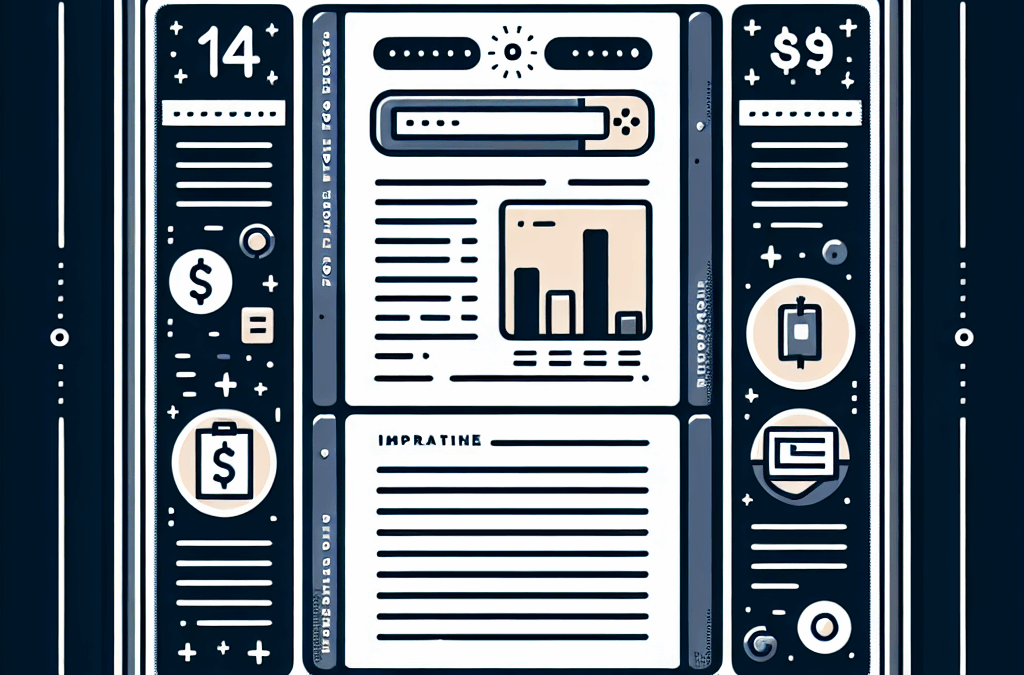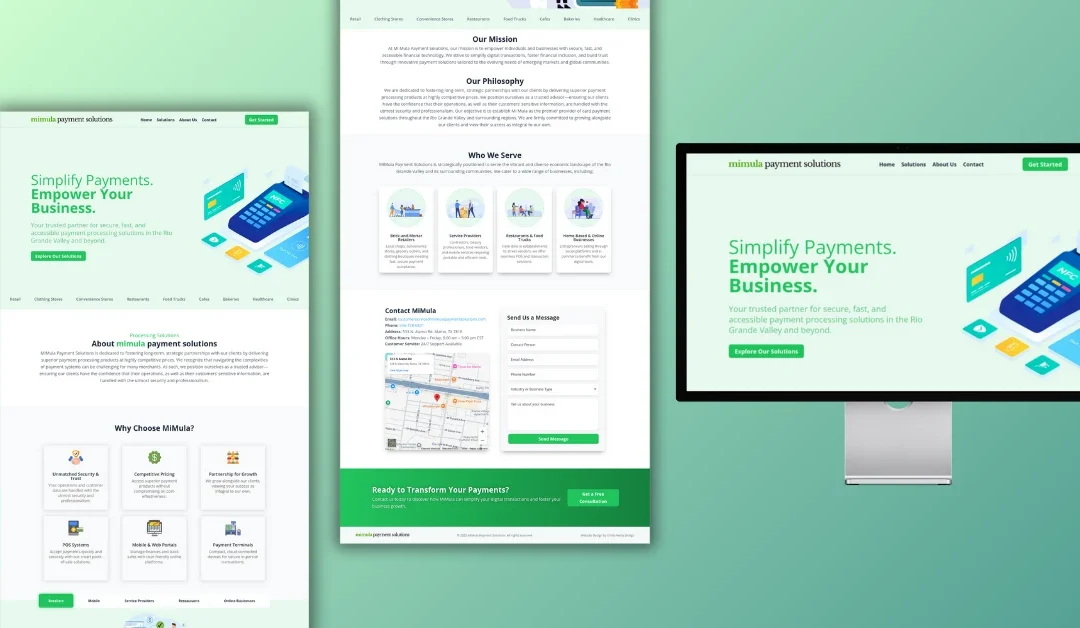In today’s digital landscape, a strong online presence is crucial for small businesses. However, as important as it is to have a website, equally vital is ensuring its security. If your website gets hacked, it can be a shocking experience, but don’t panic! At Ericks Webs Design, based right here in McAllen, Texas, we understand how small business owners feel. This guide will take you through the steps to recover from a hack and improve your online security moving forward.
Understanding How Hacking Happens
Hacks can happen in various ways, often targeting vulnerabilities in your website software or plugins. For instance, a local restaurant owner found their site compromised when they neglected to update their content management system (CMS). The hackers took control of their site, replaced it with a phishing page, and all reservations and customer data were at risk! Whether you’re in retail, hospitality, or professional services, knowing how hacks occur is the first step toward prevention.
Common Signs Your Website Has Been Hacked
Recognizing that your website has been compromised can save you from long-term damage. Here are a few red flags to watch for:
- Unexplained changes: Have you noticed modifications to your content or images that you didn’t make?
- Suspicious emails: Unexpected notifications from Google or your hosting provider about malware or phishing.
- Slow performance: Is your site running slower than usual? This could indicate that it’s being used for malicious purposes.
- Traffic drops: If you suddenly see a decline in website traffic, there’s a chance something is amiss.
If you experience any of these signs, it’s time to take action.
Steps to Take Immediately After a Hack
1. Stay Calm and Evaluate the Damage
Before jumping into action, assess the situation. Check what’s affected and note any suspicious activity. For our McAllen taco truck owner, they realized their online ordering system had been tampered with, but thankfully, customer payment information was still secure. Document everything to help your web designer address the issues effectively.
2. Change Your Passwords
Immediately change passwords for your website, hosting account, email accounts, and any associated services. Use a password manager to generate complex passwords that mix letters, numbers, and symbols. This step can help secure your site from further hacking attempts.
3. Restore Your Site From Backup
If you’ve been regularly backing up your website, restoring it to a previous version is one of the easiest ways to resolve a hack. If your backup system is like many small business owners—a bit haphazard—it may be time to systematically get into the habit of backing up your data regularly.
4. Scan for Malware
Run a comprehensive scan on your website with trusted security plugins or tools. If you’re unfamiliar with these processes, it might be best to call in professionals, like the team at Ericks Webs Design, who can help clear your website of any malicious code.
5. Notify Your Users
If customer data was compromised (like payment information), it’s essential to email your customers immediately. Transparency builds trust. Letting your users know what happened and how you’re rectifying it shows that you value their security just as much as your own.
Implementing Solid Security Measures
Once you’ve managed the hack, it’s time to ensure it doesn’t happen again. Here are steps to enhance your website security:
1. Regular Software Updates
Always update your CMS, plugins, and themes to the latest versions. Most updates include important security patches. A local gym owner who previously ignored updates discovered that simple maintenance could have prevented their website from being hacked in the first place.
2. Use HTTPS
Ensure your site has an SSL certificate, which encrypts data and offers visitors security assurance. You can easily check this by looking for “HTTPS” in your website’s URL.
3. Implement Firewalls and Security Plugins
Invest in web application firewalls (WAF) or security plugins that can help detect and prevent attacks. They essentially act as a barrier between your web server and the internet, making it harder for hackers to penetrate your site.
4. Regular Security Audits
Make it a habit to conduct regular security audits. Identify vulnerabilities before they can be exploited. At Ericks Webs Design, we offer packages tailored to small businesses that include ongoing security checks and updates.
Moving Forward: Empowering Your Online Presence
Recovering from a hack is an unfortunate situation, but each hack serves as a lesson learned. By implementing stronger security measures, you not only protect your existing data but also build a more robust online presence that instills confidence in your customers.
Why Choose Ericks Webs Design?
Are you a small business owner in South Texas looking to improve your website’s security or build a robust online presence? At Ericks Webs Design, we specialize in creating optimized, secure websites tailored for the unique needs of local businesses.
Call to Action: Sign up for a free consultation today! Let’s work together to make sure your website is not only beautiful but also secure, so you can focus on what you do best—running your business!
With the right precautions, you can enjoy peace of mind knowing your website is protected and that your customers’ information is safe. Don’t wait until it’s too late; take action and ensure a secure digital future for your business!
Security










